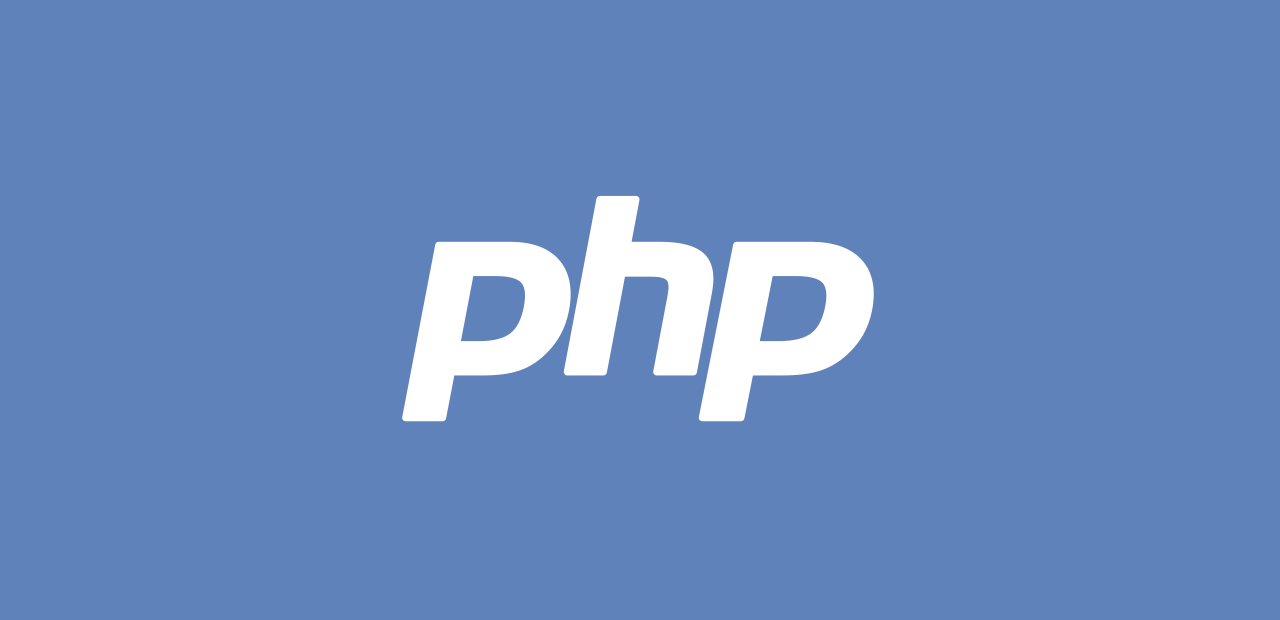The past few years has seen an explosion in the popularity of frameworks and PHP developers have plenty of choice open to them when they’re considering what to work with. There are different types of framework to suit different types of web development agency and you may even want to utilise different frameworks for different clients, although most developers choose to stick with one that works best for their needs.
Consider your Needs
The needs of your web development agency will be dependent upon the developers you employ. You need to consider your project’s needs too before choosing a PHP framework. There are three main questions to consider before making your decision:
What is the primary focus of your development?
You need to ascertain exactly what the project’s main use will be. Will it be an ecommerce website, a social-based site or a directory? The framework you use may differ depending on platform such as projects which require banking and card processing facilities could benefit from a framework which already has built-in and proven extensions for these processes.
What is your hosting environment?
Some development frameworks require additional modules for PHP or software installations onto the server. This may not be possible if the project is in environment where the hosting is shared. On the other hand lightweight frameworks aren’t always the best option as there’s little scope for serious data information or processing.
What are your team’s specific strengths and weaknesses?
Understanding the strengths and potential weaknesses in your web development agency is integral to your framework choice as it’s these developers who will be working with the chosen application. Some frameworks have the beginner in mind whilst others are more complex.
The Frameworks
Here’s a closer look of five of the most popular, flexible and in some instances user-friendly PHP frameworks currently available.
CakePHP
If your developers know how to write PHP4 compatible code then CakePHP is the best option. It’s one of the oldest and most popular available and CakePHP has an unsullied reputation as a highly capable framework. It has fairy strict conventions and isn’t the most flexible option but there are built-in tools especially for XML-PRC and unit testing.
CodeIgniter
CodeIgniter is one of a number of PHP5.2+ MVC frameworks with a small footprint and extensive documentation. It’s known as one of the most popular ‘beginner’ frameworks because it’s user-friendly and can be mastered in quickly. There’s a huge community of CodeIgniter users so you’re likely to be able to find a library for almost every possible project already in existence.
Kohana
Kohana began life as an extension of CodeIgniter and has the same lightweight easy to use feel. However it requires PHP 5.3 which CodeIgniter doesn’t. This allows it to feature some advanced functionality as well as less code required to accomplish certain tasks and applications.
Yii
Yii has been developed specifically for the development of web applications. It’s a high-performance PHP 5 framework which utilises a lot of command line generators and quick tools to get users to their end product. The generators mean developers have more commands to memorise but once it’s set up and configured it’s extremely intuitive. Yii can be extended easily and supports themes, widgets, templating and more.
Zend Framework
Zend Framework is one of the more complex options for developers with considerable experience in building enterprise-level applications. The framework utilises many modules meaning developers can use as much or as little code as you want. Zend doesn’t tie you into the MVC pattern, though you can choose to use it if you want. It also requires PHP 5.1.4.
The right PHP framework could make or break your development project so it’s something you should carefully consider before making your choice. If you are in London, then drop in and discuss your London web development requirements with us.

